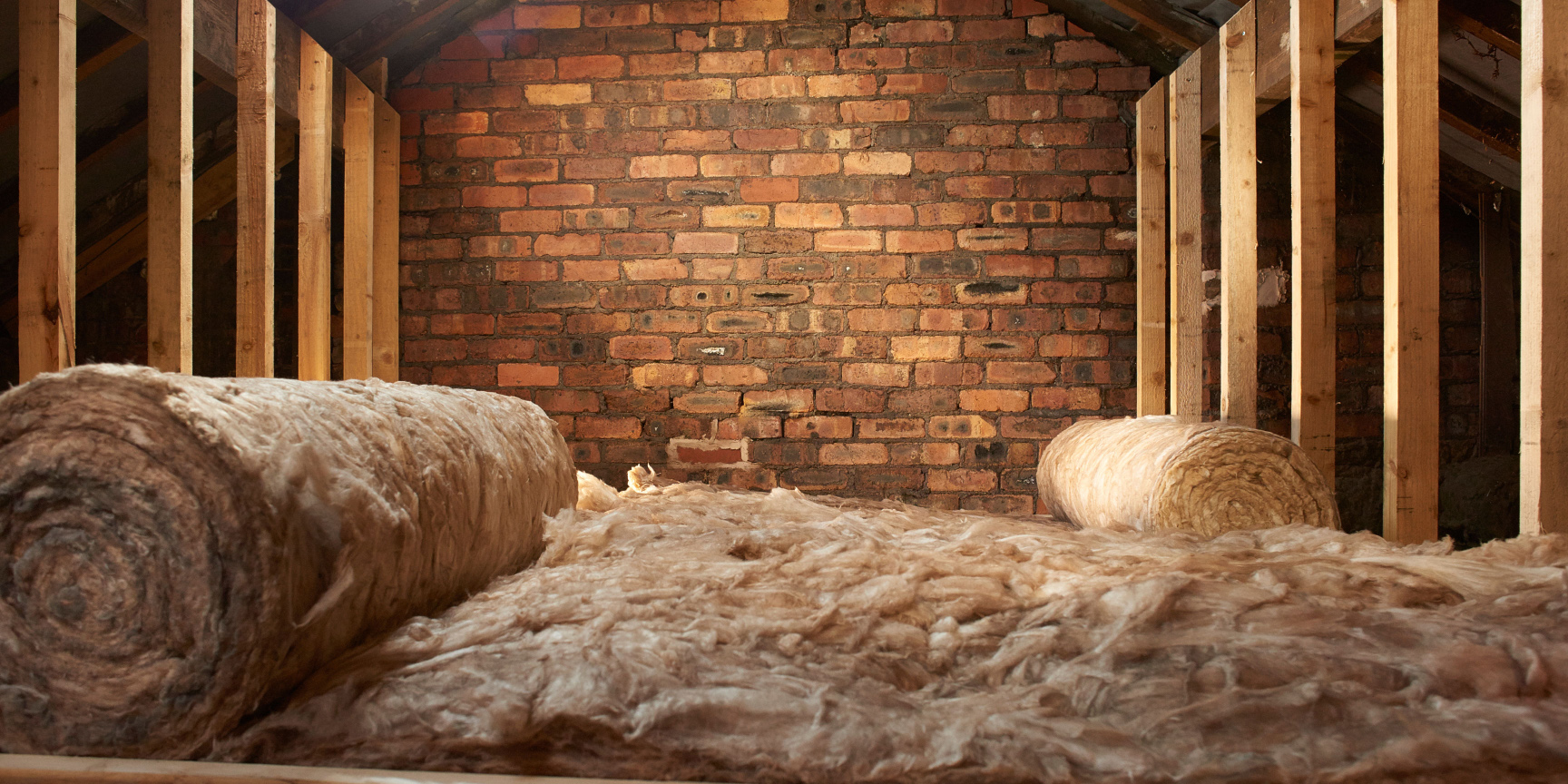Insulating your home helps lower energy bills, save money, and make you comfortable all year round. But, did you know insulation is graded, and different insulation levels depend on the type you use? These are essential things to keep in mind when installing new or replacing older insulation in your home. Keep reading to find out more about insulation grades. You can also call our insulation experts if you have more questions!
What is the Best R-value for Insulation?
The best R-Value for insulation will depend on your home’s needs. The higher the R-Value, the more thermal barrier and the more effective air barrier you will have. You may also need different types in different places of your home.
Blanket insulation or spray foam insulation is great in wall cavities, and loose-fill insulation is excellent for attics. Ultimately, the best insulation R-value for your home will depend on the region of the US you live in and your climate.
What are the 3 Types of Insulation?
There are three main types of insulation: fiberglass batts, spray foam, and rigid foam board. Each has its pros and cons.
Fiberglass Batt Insulation
- Pros: Fiberglass batt insulation is one of the most common forms of insulation used today. It comes in rolls that are easy to install and provides good insulative properties. Its R-Value is 3.1-3.4, which is on the lower end of the thermal resistance scale.
- Cons: Fiberglass batt insulation has increased in price and become more expensive. It is not as durable as other forms of insulation. It does not serve as an effective air barrier like spray foam insulation does.
Spray Foam Insulation
- Pros: Spray foam insulation is very popular because it is cost-efficient and offers excellent thermal performance. It is also very versatile and can be installed almost anywhere. Spray foam insulation is made of small beads that expand into a solid mass once they come in contact with moisture. This makes it very durable and long-lasting. It also creates a tight seal around pipes and wires, making it ideal for sealing walls and ceilings. Spray foam insulation is rated at 4.0-6.0.
- Cons: Spray foam insulation is messy and requires special equipment to apply. It is also difficult to work with and hard to remove after installation. It is not recommended for areas where people spend time, such as bathrooms and kitchens.
Rigid Foam Board Insulation
- Pros: Rigid insulation is a newer form of insulation material that is gaining popularity. It is similar to spray foam insulation but uses a liquid resin instead of expanding beads. It is easier to work with than spray foam insulation and less messy. It is also cheaper than spray foam insulation. It is rated at 5.0-7.5.
- Cons: Rigid foam board is still relatively new, so there aren’t many studies about how well it performs. There isn’t enough data yet to determine whether it is better than traditional fiberglass batts.
How Much Should I Insulate My Home?
It depends on what kind of insulation you want, your budget, and the climate you live in. Building codes can be stringent, and it’s important to know how much you need. You also need to consider where in your home you need to add insulation, as the amount you need will differ depending on the location. Another factor determining the amount of insulation your home needs depends on how many square feet of space you’re trying to cover.
Residents in Massachusetts should choose insulation with an R-Value ranging from R13 to R60. These numbers will depend on your home’s structure and where in your home you are insulating.
What are R-Levels in Insulation?
An R-level indicates how well a material can keep heat out. A higher number means better insulation. An R-value of 0.3 means that the material keeps 30% of the heat out. An R-value of 1.6 means that the material keeps 60% of the heat out. The higher the value, the higher the radiant barrier the insulation is.
Does Higher R-Value Mean Better Insulation?
No, it does not. Higher R-values do not necessarily mean better quality insulation. They just mean that the material is thicker. So if you have two materials with the same R-value, one might be more durable or heat resistant than the other. The quality of insulation will depend on what it’s made from, the brand, and the conditions it’s being used in. Insulation must be installed properly to ensure it is effective and will last.
Highest R-Value Insulation
The highest R-Value of insulation is rigid vacuum insulated panels, also known as continuous insulation, with an R-Value of approximately 45 per inch. The installation of insulation of this type can be placed on exterior walls, ceilings, floors, foundation walls, and basements. One of the benefits of rigid board insulation is it is lightweight and easy to carry, and it’s a fairly common type of insulation.
Are There Ways I Can Save Money on Insulation?
In Massachusetts, you can always check out the Mass Save Program. This program provides residents with rebates and discounts on energy-efficient upgrades, including insulation.
Residents who install new or upgrade existing insulation can be eligible for 75%-100% of the insulation cost. To be eligible, you must meet certain income requirements and be a homeowner, renter, or landlord. There is a list of other rebates and discounts residents can take advantage of, including a free energy assessment. Energy assessments assess your home’s vulnerable areas where air or heat may be escaping and causing your energy bills to increase.
Do you need help deciding what type of insulation you need? Contact your local Wattson Home Solutions team, and we can help you decide which is right for you. Our goal is to provide you with the best options to keep your home comfortable, safe, and energy efficient. Give our team a call today and schedule your free energy assessment.







